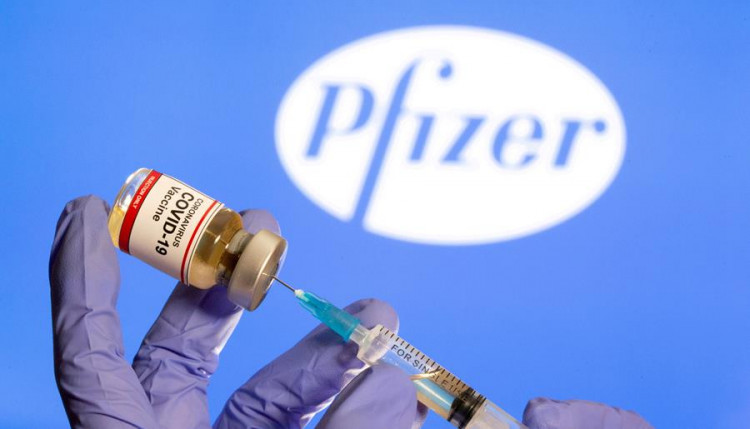Based on two studies published in the New England Journal of Medicine on Wednesday, COVID-19 protection from two doses of the Pfizer vaccine tends to wane after approximately two months, but the shots are still effective in preventing hospitalization and death.
It is a concern that Pfizer, Moderna, and the Centers for Disease Control and Prevention have recently reported that vaccinations have a diminishing impact on protecting the body from Coronavirus infection. Earlier this month, the U.S. Food and Drug Administration approved the use of boosters by Pfizer for older or more susceptible individuals.
Researchers from Qatar discovered that after receiving the second dose, Pfizer's immunity protection fell to 20% four months after receiving the first. A survey of 900,000 vaccinated citizens in Qatar led to their findings.
Pfizer's protection against infection was "negligible" after the first dose, but increased to nearly 37% three weeks later, the researchers said. After roughly a month, people's immune protection climbs to 76% when they take their second dose.
However, following that month, Pfizer's immune efficiency drops significantly, hovering around 20% after four months, according to the researchers.
"These data suggest that a considerable part of the vaccinated population may lose protection against infection in the following months," the paper concluded, "perhaps raising the likelihood for future epidemic waves."
A 90% or higher success rate was observed after Pfizer's second dose of prevention against hospitalization and mortality. Only 9% of Qatar's population is aged 50 or over, making the findings of the report unlikely to apply to countries with older populations.
The other research looked at 4,868 healthcare employees in Israel. People's COVID-19 antibodies have significantly dropped within six months after receiving their second dose of Pfizer's vaccine, the study showed.
They also found that obese participants with a body mass index of 30 or higher had increased antibody levels.
"However, it remains unclear whether vaccinated obese people are at higher or reduced risk for breakthrough infection, and whether the vaccine's relatively robust humoral response is protective," the research said.





